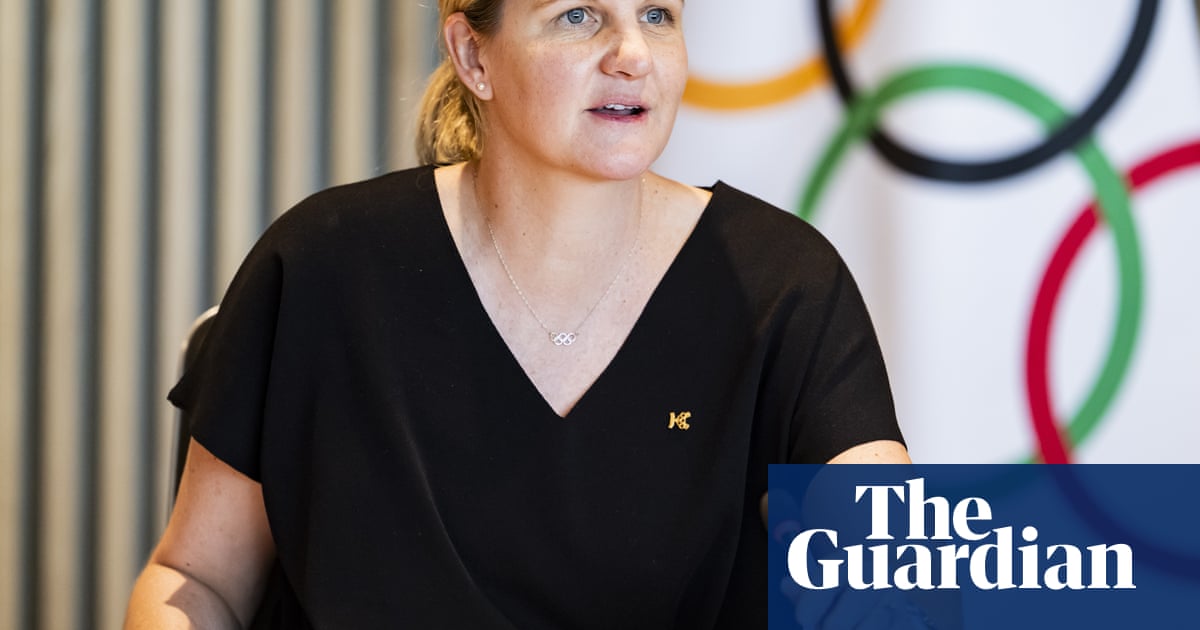
IOC President Kirsty Coventry Advocates for Protecting Women’s Category in Sports
In a significant development for international sports, newly elected IOC President Kirsty Coventry has called for stricter regulations on transgender athletes competing in women’s events, stating there is “overwhelming support” among IOC members to protect the female category.
Overwhelming Support for Protecting Female Category
Coventry, the first female to hold the position of IOC President, emphasized that members of the International Olympic Committee have reached a “full agreement” to make “the effort to place emphasis on the protection of the female category.” The new president’s stance comes at a crucial time when the topic of transgender athletes in women’s sports continues to be a contentious issue globally.
New Policy Direction for Transgender Athlete Participation
The president of the International Olympic Committee has indicated that a new policy on the participation of transgender athletes will be implemented with the aim of “protecting the female category.” This development follows Coventry’s promise to establish a task force with international sports federations to study the issue and work towards achieving greater consensus in the discussion.
Avoiding Revisiting Past Controversies
While advocating for stronger protections for women’s sports, Coventry has explicitly stated there is no desire to revisit the gender controversy that overshadowed the women’s Olympic boxing competition during the Paris 2024 Games. This careful approach suggests the IOC aims to move forward without reopening past debates.
Potential Impact on Future Olympic Games
Coventry’s comments carry significant implications for the 2028 Los Angeles Olympic Games, especially given her planned discussions with then-U.S. President Donald Trump, who has publicly stated his intention to prohibit transgender athletes from competing in the LA Games. The potential intersection of American political stance and Olympic policy could set a precedent for future Games.
World Athletics Precedent
Notably, Coventry currently serves as the head of World Athletics, which has already established strict policies preventing transgender women from competing in female events. These existing regulations in track and field may serve as a model for broader Olympic participation rules.
International Response and Debate
The IOC’s position has drawn international attention, with various media outlets covering the developing story. The debate surrounding transgender athletes in women’s sports continues to generate significant discussion globally, highlighting the complex nature of this policy development.
Key Takeaways:
- The IOC is poised to implement new policies restricting transgender athlete participation in women’s events
- There is broad consensus among IOC members to protect the “female category” in sports
- The new president has avoided reopening past controversies surrounding this issue
- These developments have implications for future Olympic Games, particularly the 2028 LA Games
- World Athletics’ existing regulations may influence broader Olympic policy decisions
As the international sports community digests these developments, the coming months will likely see further clarification of the IOC’s policies and the establishment of specific criteria for transgender athletes seeking to compete in women’s events. The intersection of sports, science, and gender identity continues to present complex challenges for governing bodies worldwide.






.png?width=1200&height=630&fit=crop&enable=upscale&auto=webp)
